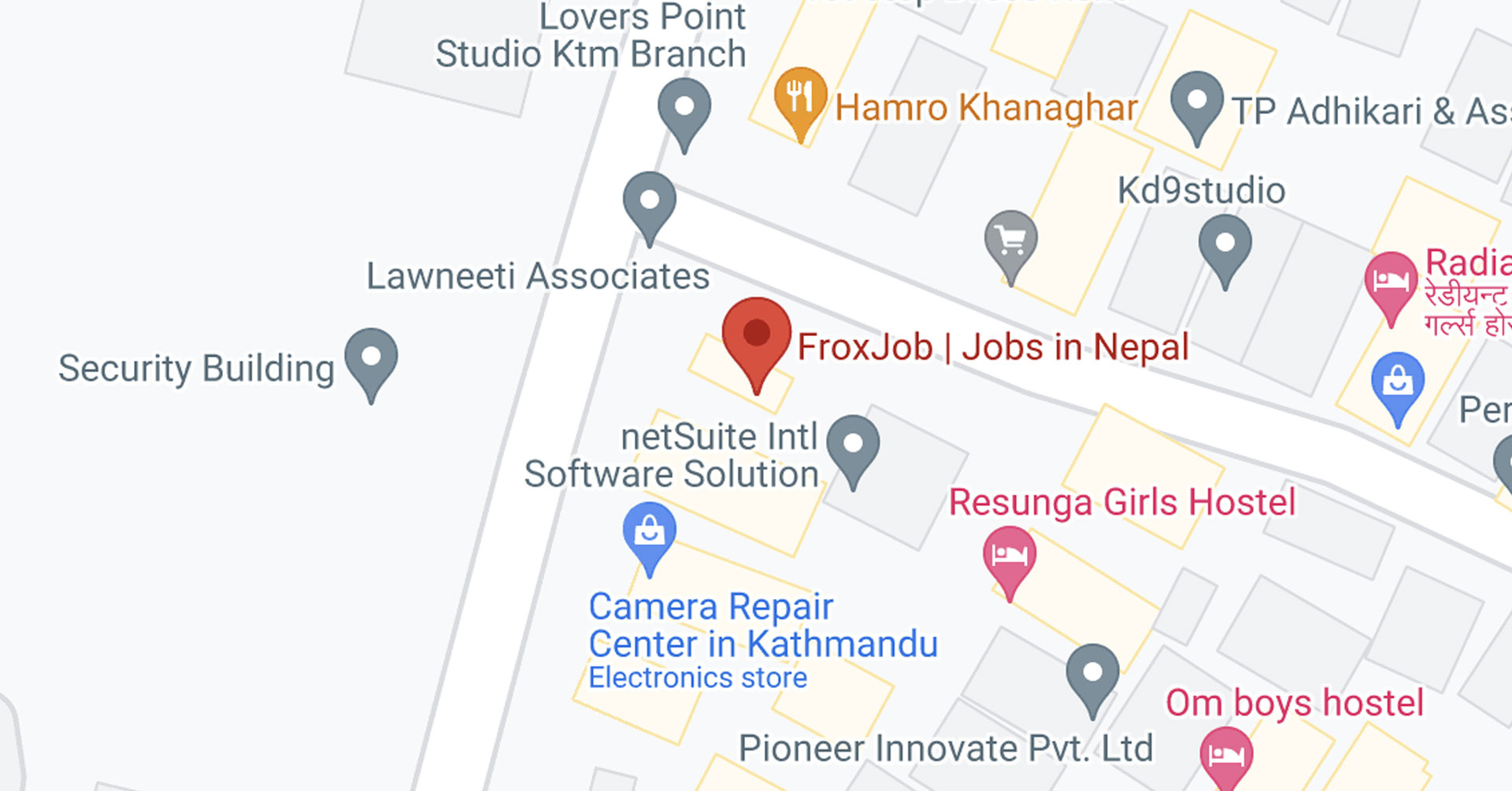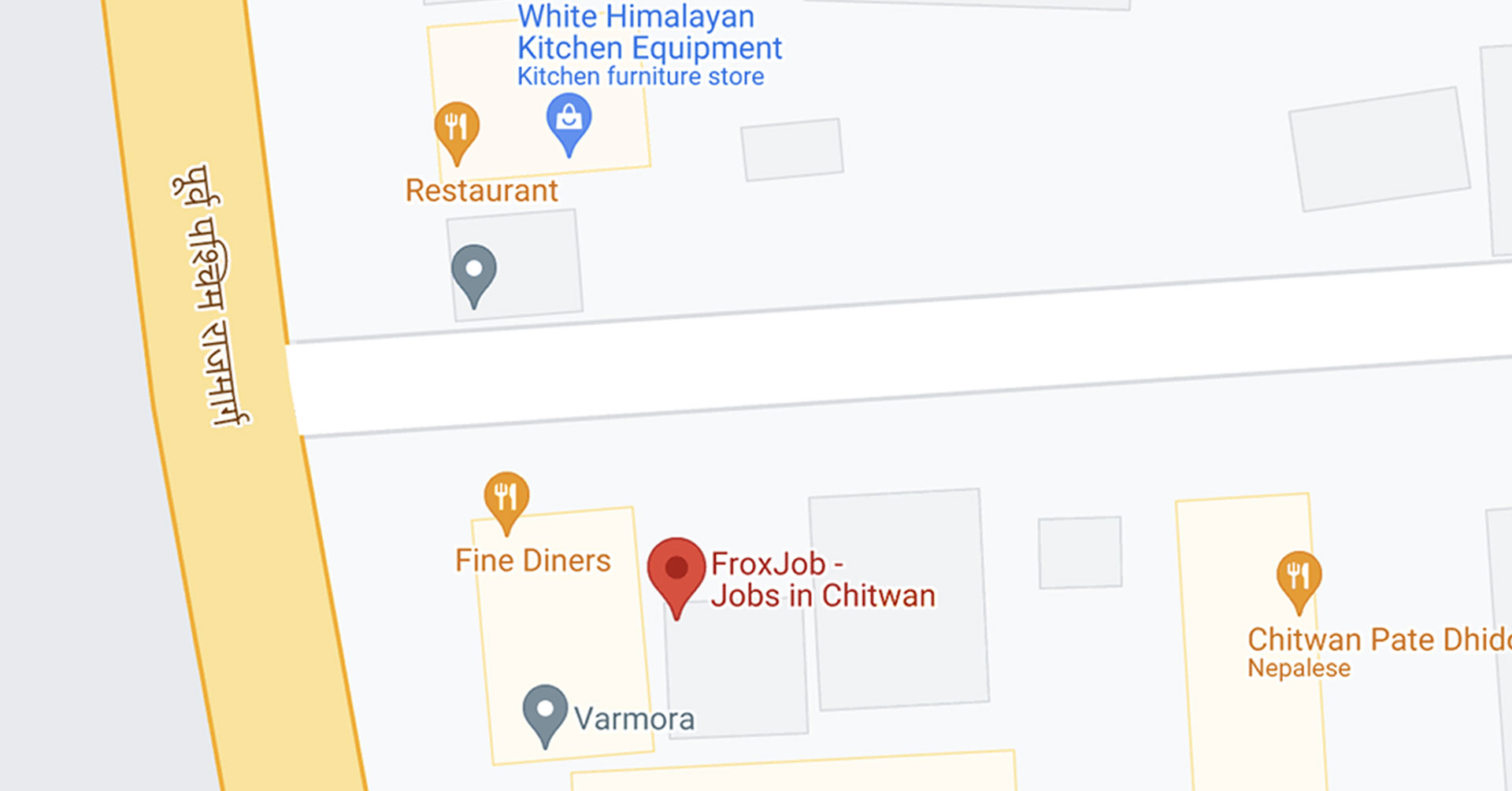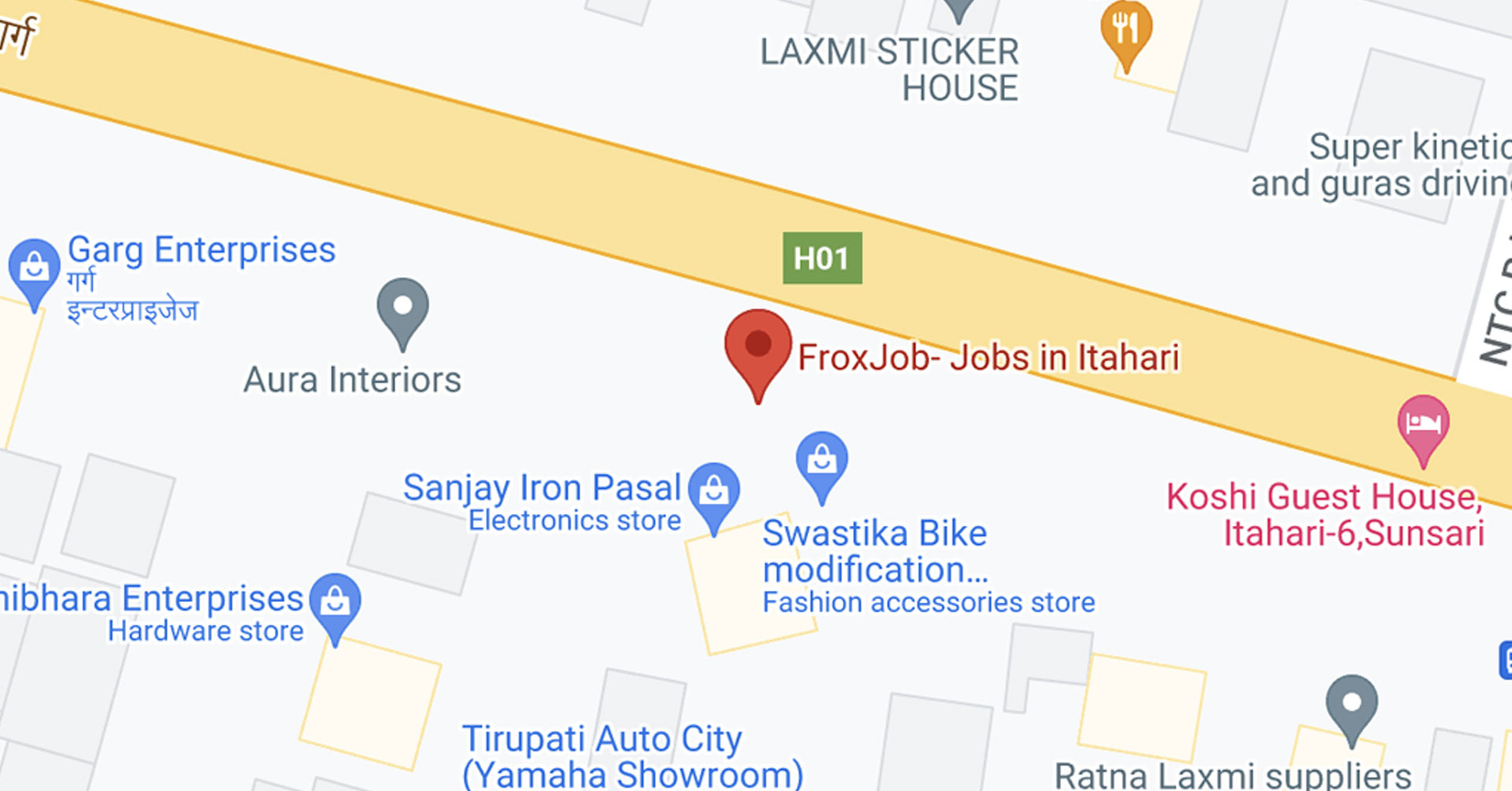What are the trickiest questions asked in an interview?

What Are the Trickiest Questions Asked in an Interview? How to Answer Them Smartly
Introduction
Interviews are intended not just to verify qualifications and experience but also to assess problem-solving abilities, confidence, honesty, and cultural fit. Many candidates prepare for standard interview questions but struggle when confronted with difficult or unexpected ones.
Understanding the aim of hard interview questions can help candidates react confidently and professionally.
Why Do Interviewers Ask Tricky Questions?
Interviewers use tricky questions to:
- Test critical thinking ability
- Evaluate communication skills
- Assess honesty and self-awareness
- Understand personality and attitude
- Check problem-solving skills under pressure
Common Tricky Interview Questions and How to Handle Them
1.“Tell Me About Yourself.”
Why it’s tricky:
Many candidates either give too much personal information or simply repeat their CV.
How to answer:
Focus on professional background, key achievements, and career goals aligned with the job.
2. “What Is Your Greatest Weakness?”
Why it’s tricky:
Candidates worry about saying something that may reduce their chances.
How to answer:
Mention a real but manageable weakness and explain how you are improving it.
Example:
“I sometimes focus too much on details, but I have learned to balance quality with deadlines.”
3. “Why Should We Hire You?”
Why it’s tricky:
It requires self-promotion without sounding arrogant.
How to answer:
Highlight skills, experience, and how you can solve the company’s problems.
4. “Why Do You Want to Leave Your Current Job?”
Why it’s tricky:
Speaking negatively about previous employers can be a red flag.
How to answer:
Focus on growth, learning opportunities, and career development.
5. “Where Do You See Yourself in 5 Years?”
Why it’s tricky:
Interviewers want to check commitment and career clarity.
How to answer:
Show ambition but also align with company growth and long-term contribution.
6. “Tell Me About a Failure”
Why it’s tricky:
Tests accountability and learning mindset.
How to answer:
Explain the situation, lesson learned, and improvement steps.
7. “Do You Have Any Questions for Us?”
Why it’s tricky:
Saying “No” can show lack of interest.
How to answer:
Ask about growth opportunities, company culture, or role expectations.
Pro Tips to Handle Tricky Interview Questions
- Stay honest but professional
- Take a moment before answering
- Use real-life examples
- Keep answers clear and structured
- Stay calm and confident
How Job Seekers Can Prepare Better
Candidates should research the organization, grasp the employment criteria, and practice common interview questions. Mock interviews and career advice from recruitment professionals can considerably boost confidence.
Role of Career Platforms Like Froxjob
Recruitment and career platforms help job seekers by:
- Providing interview preparation resources
- Connecting candidates with verified employers
- Sharing career guidance and job market insights
- Supporting professional growth and job readiness
Conclusion
Tricky interview questions are not intended to confound candidates; rather, they are used to assess personality, thinking style, and problem-solving abilities. With preparation, self-awareness, and confidence, candidates may convert difficult questions into opportunities to shine.
Success in interviews is more than just knowing the proper answers; it's also about delivering them with clarity, confidence, and professionalism.





